When it comes to dental procedures, healing wisdom tooth extraction is one of the most common yet significant surgeries individuals will face in their lifetime. Understanding how to navigate the recovery process can make all the difference between a smooth transition back to your daily routine and prolonged discomfort.
In this comprehensive guide, we’ll cover everything you need to know about healing from wisdom tooth removal—from pre-operative preparations to post-operative care—ensuring you feel informed and confident throughout your journey.
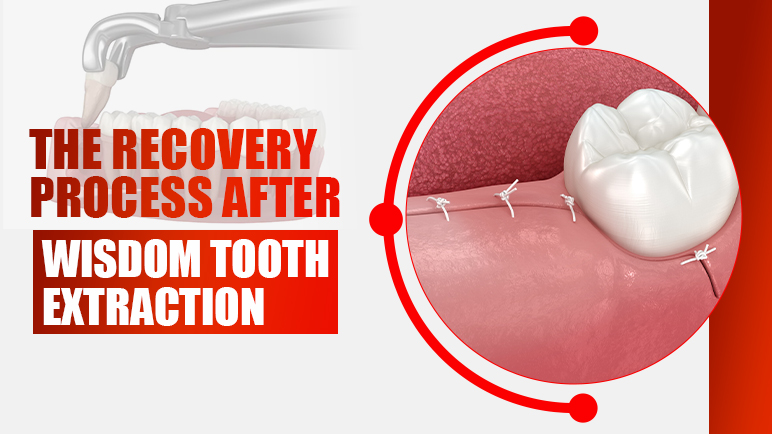
The healing of wisdom tooth extraction can be affected by several factors. Understanding these factors can help speed up recovery and prevent complications.
Age and Health: Younger people heal faster, as their bodies recover more quickly. If you have health conditions like diabetes, healing may take longer.
Oral Hygiene: Keeping your mouth clean is essential. Poor oral hygiene can cause infections and slow down healing. After 24 hours, rinse gently with warm saltwater to help the healing process.
Smoking and Drinking Alcohol: Smoking slows down healing and can cause painful complications like dry socket. Avoid alcohol during recovery, as it can delay healing and irritate the surgical site.
Diet Choices: Eat soft foods like yogurt, applesauce, and smoothies to avoid irritating the surgical site. Drink plenty of water to stay hydrated, which supports faster healing.
Following Post-Operative Care Instructions: It’s important to follow your dentist’s care instructions. Not doing so can lead to infections or longer recovery time.
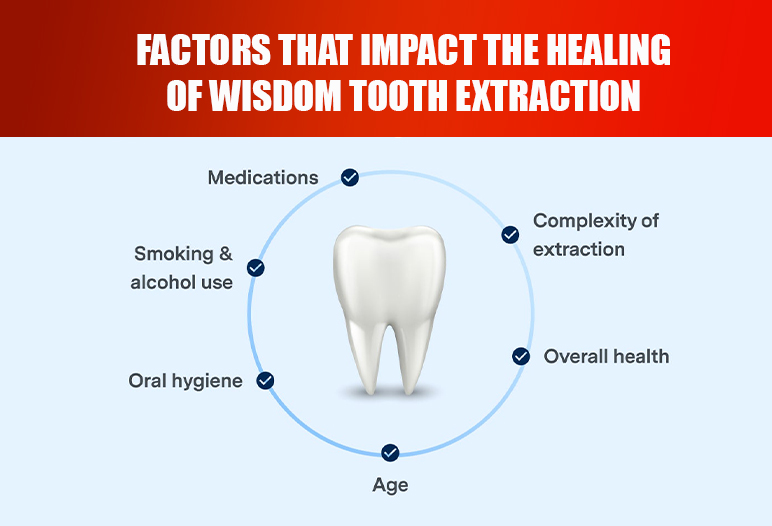
The recovery process after wisdom tooth extraction
The recovery period after wisdom teeth removal plays a vital role in ensuring proper healing and minimizing complications. Knowing what to expect and how to care for yourself can significantly improve the healing process and help you return to normal activities as soon as possible.
Initial Post-Operative Care
The first few days following your surgery are critical for healing. Understanding the recovery stages can guide your actions and help you avoid unnecessary complications.
- Rest and Relaxation: For the first two to three days, prioritize rest. Avoid strenuous activities like exercise or heavy lifting, allowing your body to focus on healing.
- Ice Application: Applying ice packs or cold compresses to the affected area can help minimize swelling and alleviate pain. Use these for intervals of 15-20 minutes, giving your skin time to recover between applications.
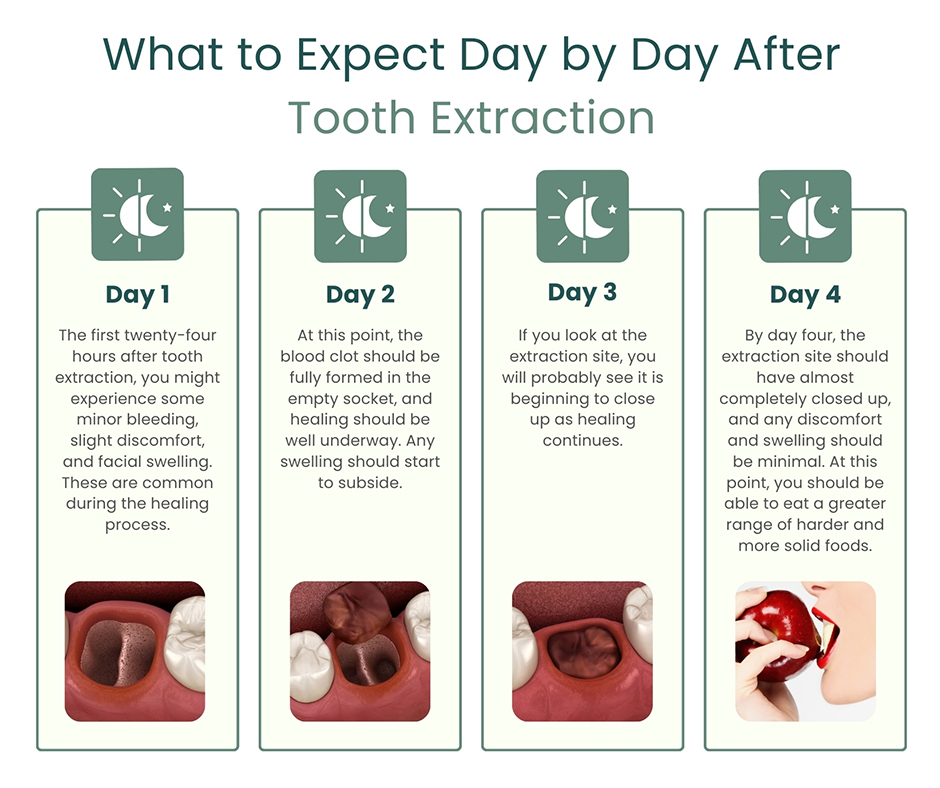
Managing pain and discomfort
Experiencing discomfort is common after wisdom tooth extraction. However, knowing how to manage this discomfort can improve your overall recovery experience.
- Medications: You may have been prescribed pain medication by your dentist. If so, be sure to take it as directed. Over-the-counter options like acetaminophen can also be effective for mild pain.
- Cold Compresses: Continue using cold compresses on the outer cheek near the surgical site, especially during the first day. This method decreases swelling and numbs pain.
- Gentle Oral Hygiene: Maintain oral hygiene, but do so gently. Avoid brushing the extraction site for the first 24 hours to prevent dislodging the blood clot. Afterward, use a soft-bristled toothbrush and rinse with warm saltwater.
Diet and nutrition for optimal healing
Nutrition plays a vital role in your body’s ability to heal. After surgery, focusing on soft and nutritious foods is essential.
- Soft Food Recommendations: Incorporate nutrient-dense soft foods into your diet, such as oatmeal, mashed potatoes, smoothies, and applesauce. These options are gentle on your healing mouth while providing essential nutrients.
- Hydration is Key: Staying hydrated is important for recovery. Drink plenty of lukewarm water and consider electrolyte drinks to replenish minerals.
- Avoid Hard and Spicy Foods: For the first week, steer clear of hard, crunchy, or spicy foods. These items can irritate the surgical site and increase discomfort.

How Long to Recover from Molar Extraction?
Recovery timelines can vary, but most patients begin to feel better within a few days after a molar extraction. Typically:
- Initial healing of the soft tissue around the extraction site occurs within 7-10 days.
- Complete healing of the jawbone where the wisdom tooth was removed may take several weeks or months, depending on the complexity of the extraction.
Following your dentist’s aftercare instructions can accelerate the wisdom teeth removal healing process, reducing discomfort and preventing complications.
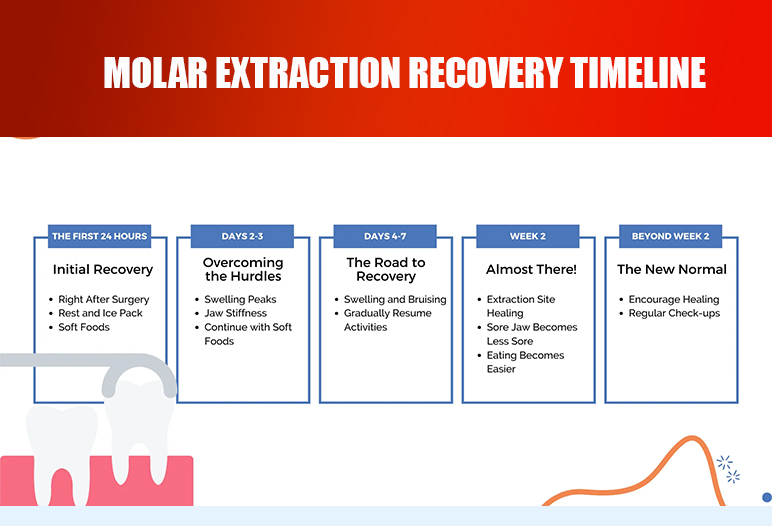
Understanding wisdom teeth and their impact on oral health
Wisdom teeth, often referred to as third molars, typically emerge in late adolescence or early adulthood. While some individuals may find that their wisdom teeth grow in without complications, many others encounter issues that necessitate their removal.
The implications of misaligned wisdom teeth
Misalignment is a common issue with wisdom teeth, which can lead to overcrowding of adjacent teeth. When wisdom teeth do not have adequate space to grow, they may become impacted—meaning they remain trapped within the jawbone or gums. This misalignment can cause:
- Pain and Discomfort: As wisdom teeth push against neighboring teeth, they can create pressure and pain.
- Infection Risk: Impacted wisdom teeth are more susceptible to infections, leading to conditions such as pericoronitis, an infection of the gum surrounding the tooth.
- Potential Damage: Misaligned wisdom teeth can also harm nearby teeth by causing decay or structural damage.
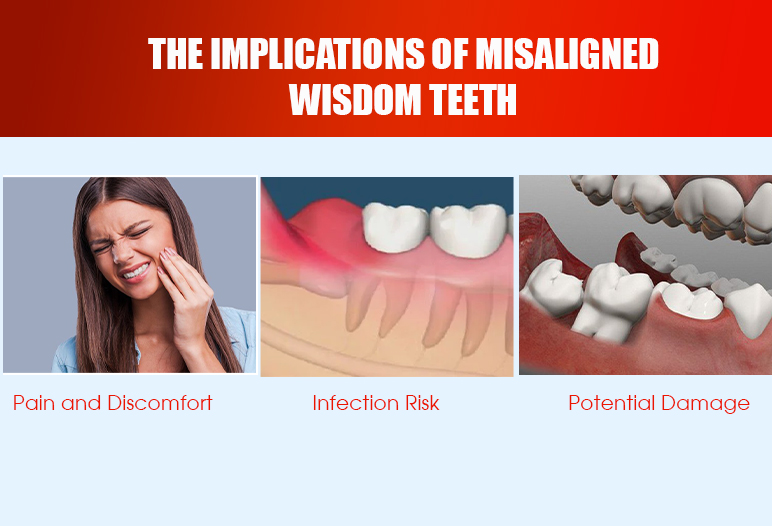
Given these implications, many dental professionals recommend proactive extraction of wisdom teeth, especially if they display indications of becoming problematic.
Deciding to undergo wisdom tooth removal
If you are experiencing discomfort from your wisdom teeth, it’s crucial to consult your dentist. They will assess the positioning of your teeth using X-rays and provide personalized recommendations. Should extraction be necessary, understanding the procedure and what follows can greatly alleviate anxiety.
Preparing for wisdom tooth extraction
Preparation goes a long way in ensuring a successful surgery and a swift recovery. Knowing what to expect can ease nerves and help you plan effectively.
Consulting with your dentist
An essential first step in preparing for your extraction is having a thorough consultation with your dentist. During this appointment, discuss:
- Medical History: Inform your dentist of any medications you’re taking or existing medical conditions. This information helps them tailor anesthesia and aftercare instructions.
- Sedation Options: Wisdom tooth removals can be performed under local anesthesia or sedation. Discussing these options will help you make an informed choice.
- Post-Surgery Guidance: Ask questions about the recovery process, dietary restrictions, and signs of complications to watch for. Being well-informed is key to a smoother experience.
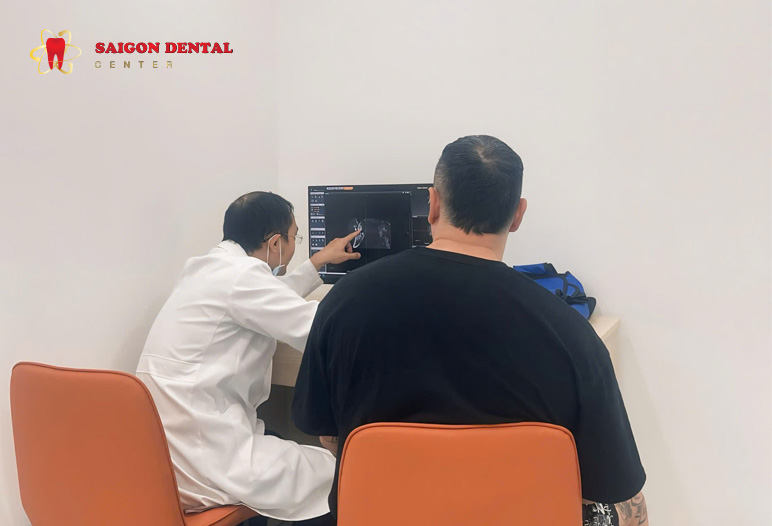
Preparing your home for recovery
Creating a comfortable recovery environment at home makes a world of difference during your healing wisdom tooth extraction period. Consider implementing the following strategies:
- Stock Up on Soft Foods: Before your surgery, stock your kitchen with soft foods like yogurt, smoothies, and mashed potatoes. These items will be easy to consume in the days following your extraction.
- Gather Supplies: Have ice packs ready for swelling, over-the-counter pain relievers on hand, and gauze pads for managing bleeding.
- Plan for Rest: Schedule time off work or school to allow yourself sufficient recovery time. Prepare activities that require minimal effort, such as reading or watching movies, to keep yourself entertained while resting.
Recognizing complications and when to seek help
While many people recover smoothly, being aware of potential complications can ensure you address any issues promptly.
Warning signs of infection and complications
After your surgery, monitor yourself for signs that could indicate complications. If you experience any of the following symptoms, contact your dentist immediately:
- Persistent Bleeding: While slight bleeding is normal, constant bleeding despite applying gauze indicates that you should seek professional help.
- Severe Pain: If you continue to experience severe pain that doesn’t respond to pain medications, it could signal a problem that requires attention.
- Fever and Swelling: A fever or excessive swelling around the surgical site can point to infection. Keep track of your temperature and swelling levels.
The importance of follow-up appointments
Don’t underestimate the value of follow-up visits with your dentist. These appointments are essential for monitoring your healing progress and addressing any concerns you may have.
During these visits, your dentist will check the surgical site to ensure proper healing, remove stitches if necessary, and provide further guidance to optimize your recovery.
Conclusion
In conclusion, navigating the healing wisdom tooth extraction experience can feel daunting, but with the right preparation, care, and knowledge, you can manage the process effectively. Emphasize rest, maintain a soft-food diet, practice good oral hygiene, and stay vigilant for any warning signs of complications.
By prioritizing your recovery, you set the stage for optimal healing and a swift return to your regular activities. Remember, a successful recovery not only alleviates pain but also contributes positively to your overall oral health. Consult your dentist whenever in doubt, and trust that you’re taking the right steps toward healing.



SAIGON CENTER DENTAL CLINIC
Best dentist in Vietnam
Saigon Center Dental Clinic is proud to be one of the most prestigious dental clinics in Ho Chi Minh City with a variety of services: Single dental implant, Full jaw dental implant (especially All On 4, All on 6, and Zygoma Implant), Cosmetic porcelain crowns, Porcelain veneers, Braces, Clear braces, Tooth fillings, Wisdom tooth extraction, Treatment of toothache...
SAIGON DENTAL IMPLANTS CENTER
Best dentist in Vietnam
Saigon Implant Center - Dental Clinic utilizes the latest technology for specialized treatment in the field of Single implant, full jaw implants, All on 4 implants, All on 6 implants, Zygoma implant....